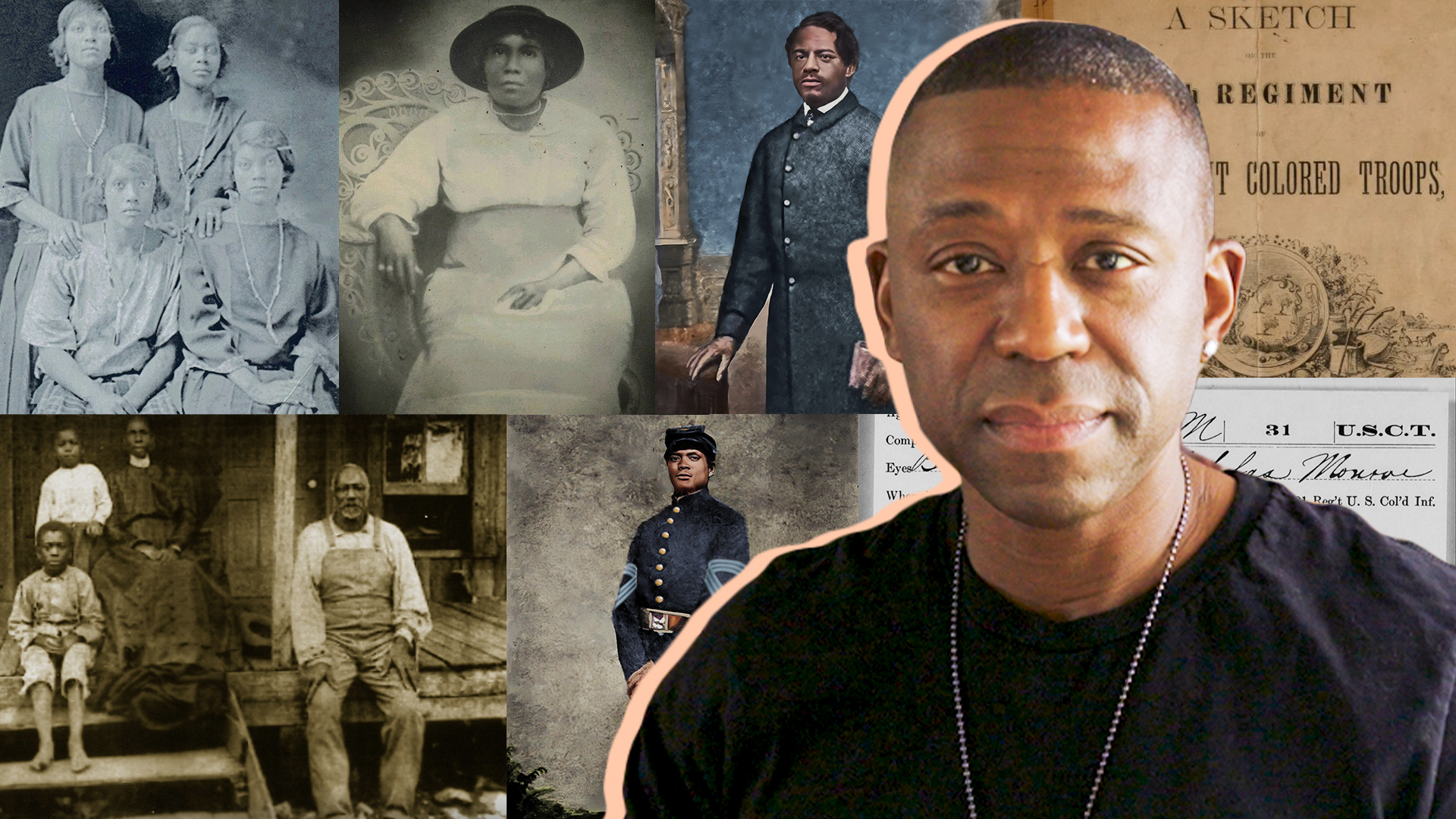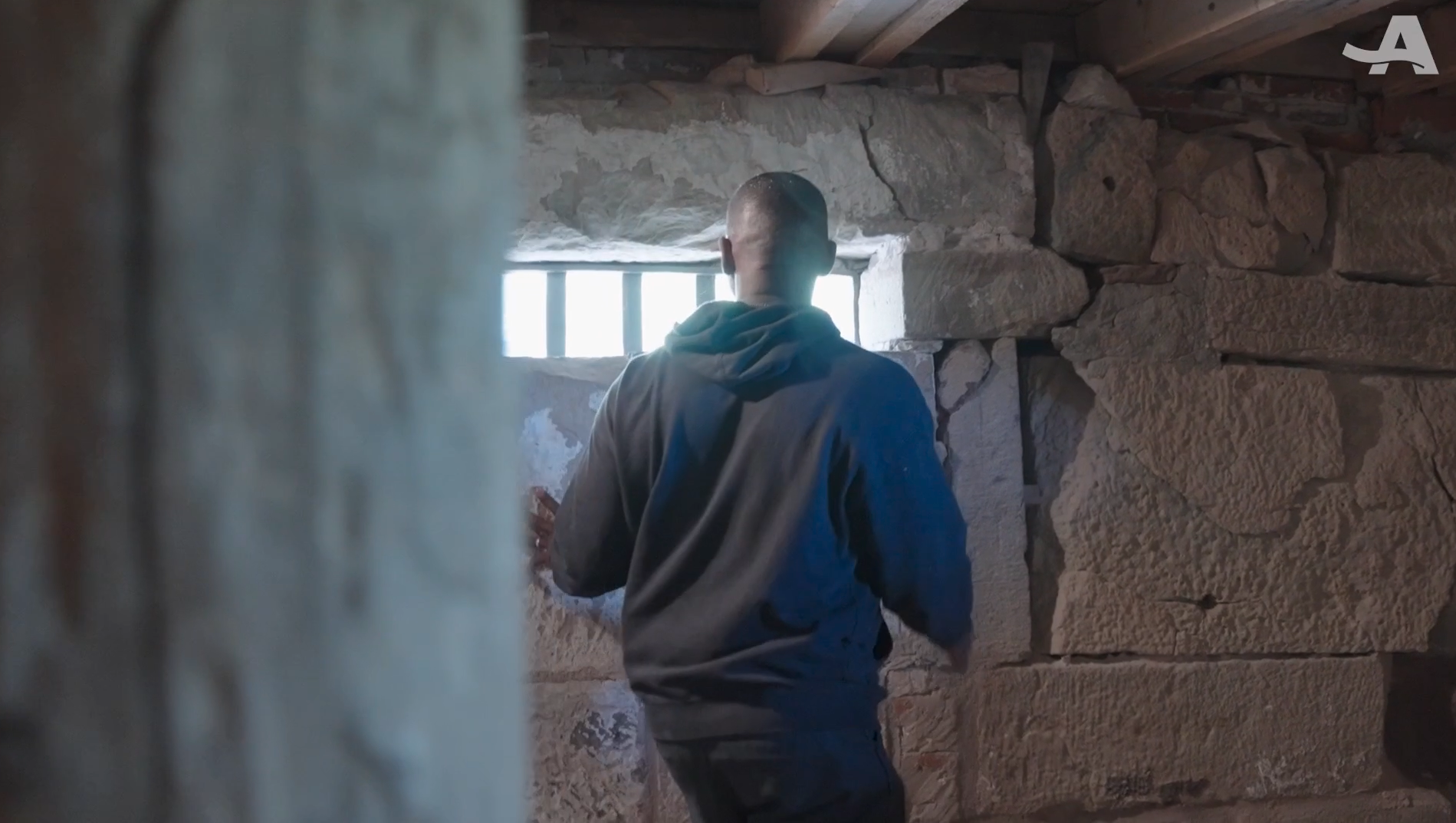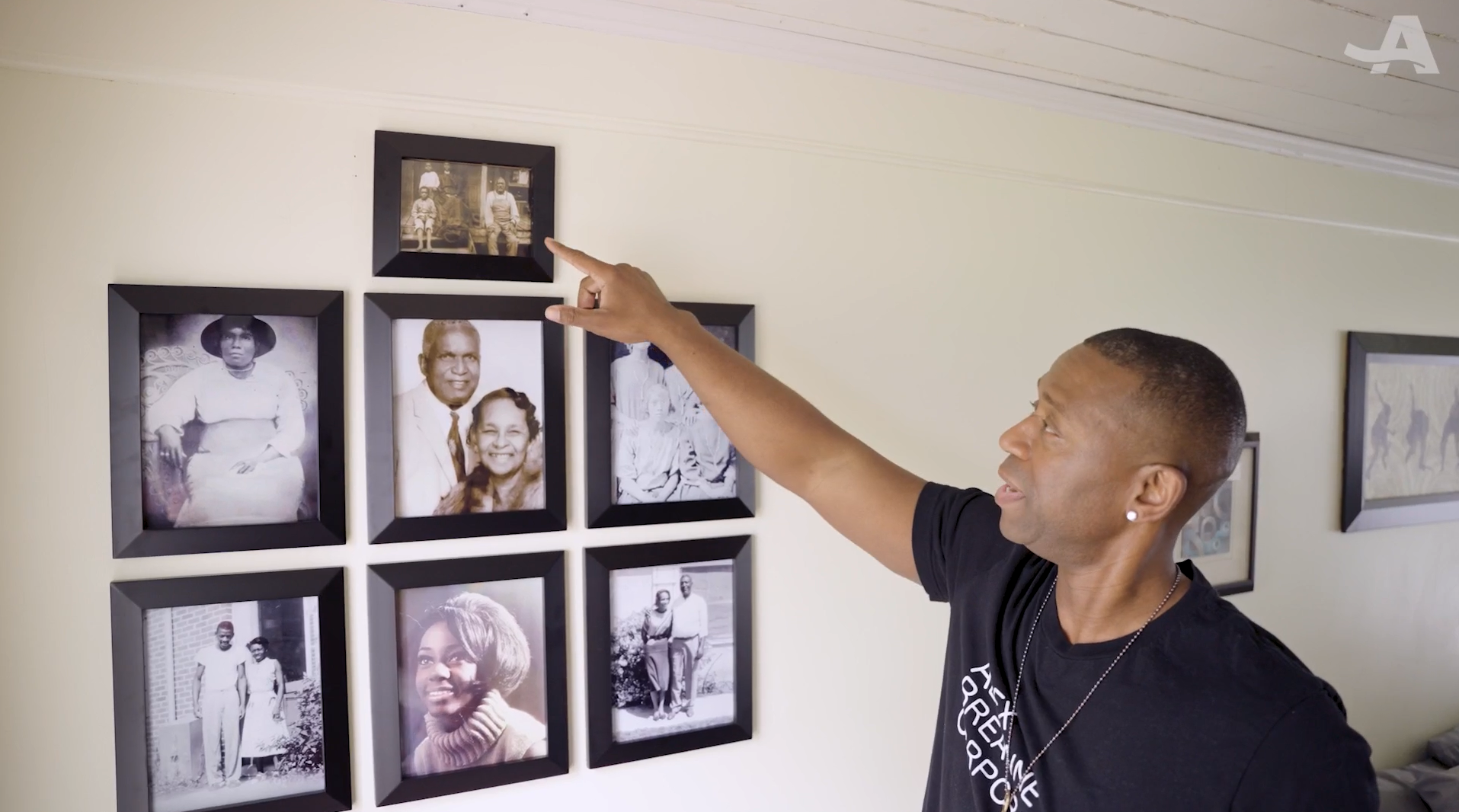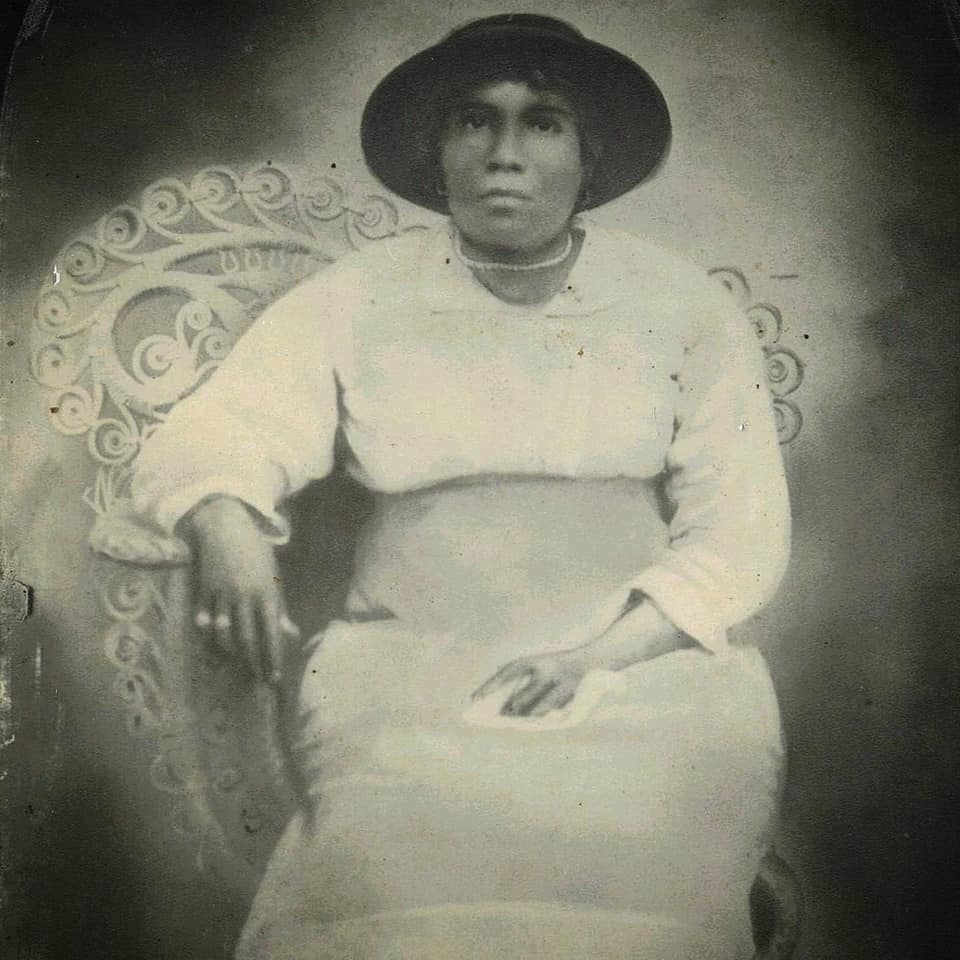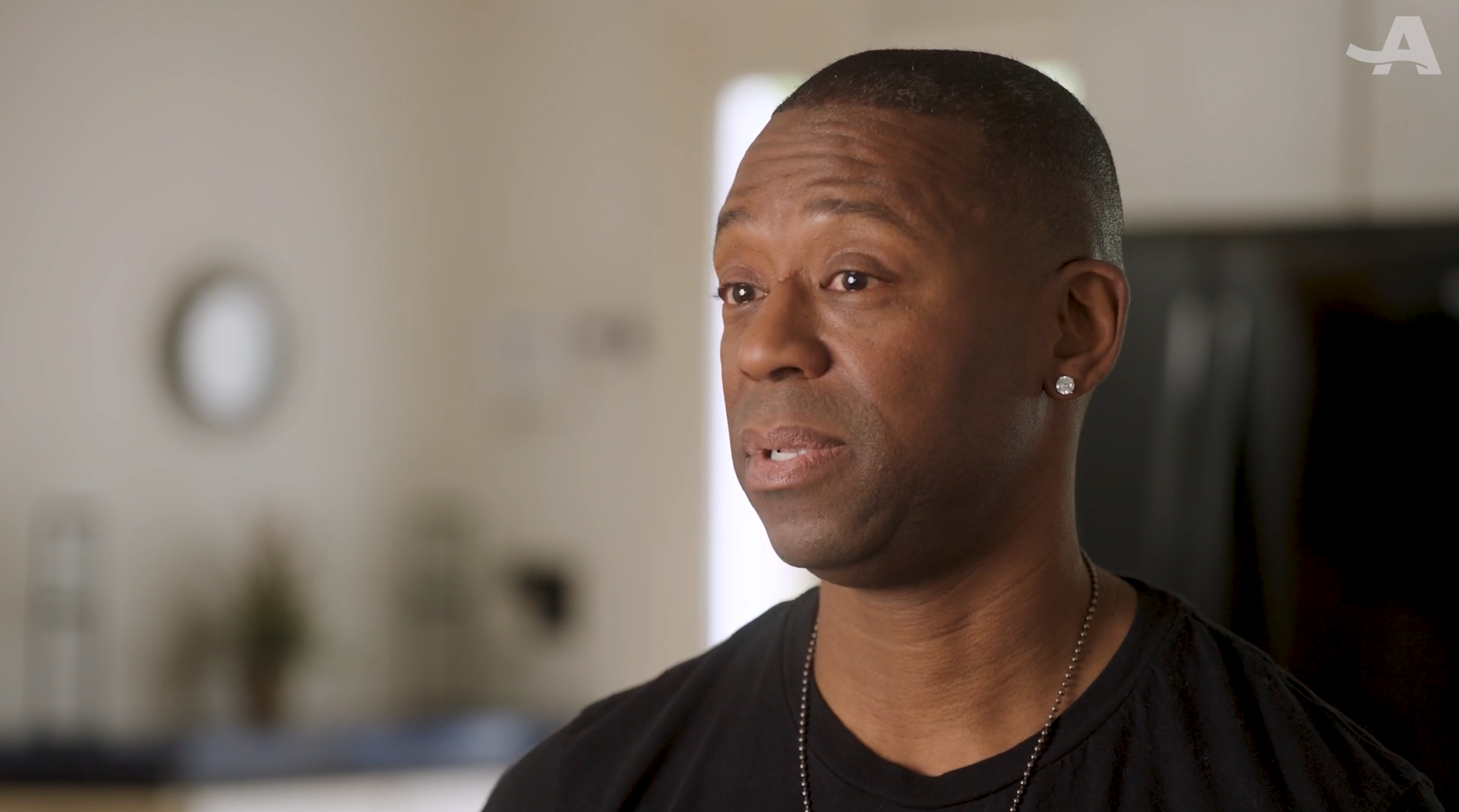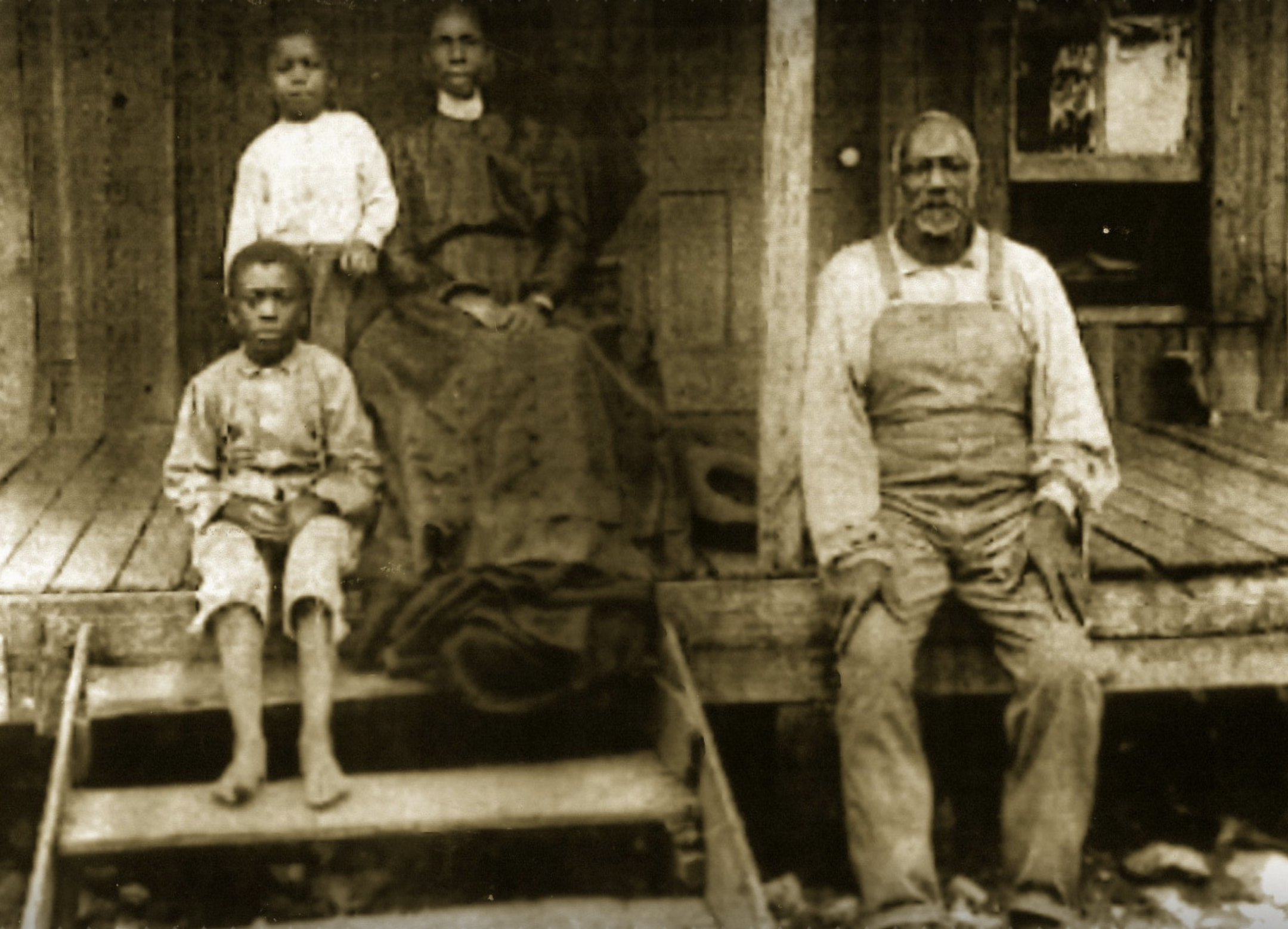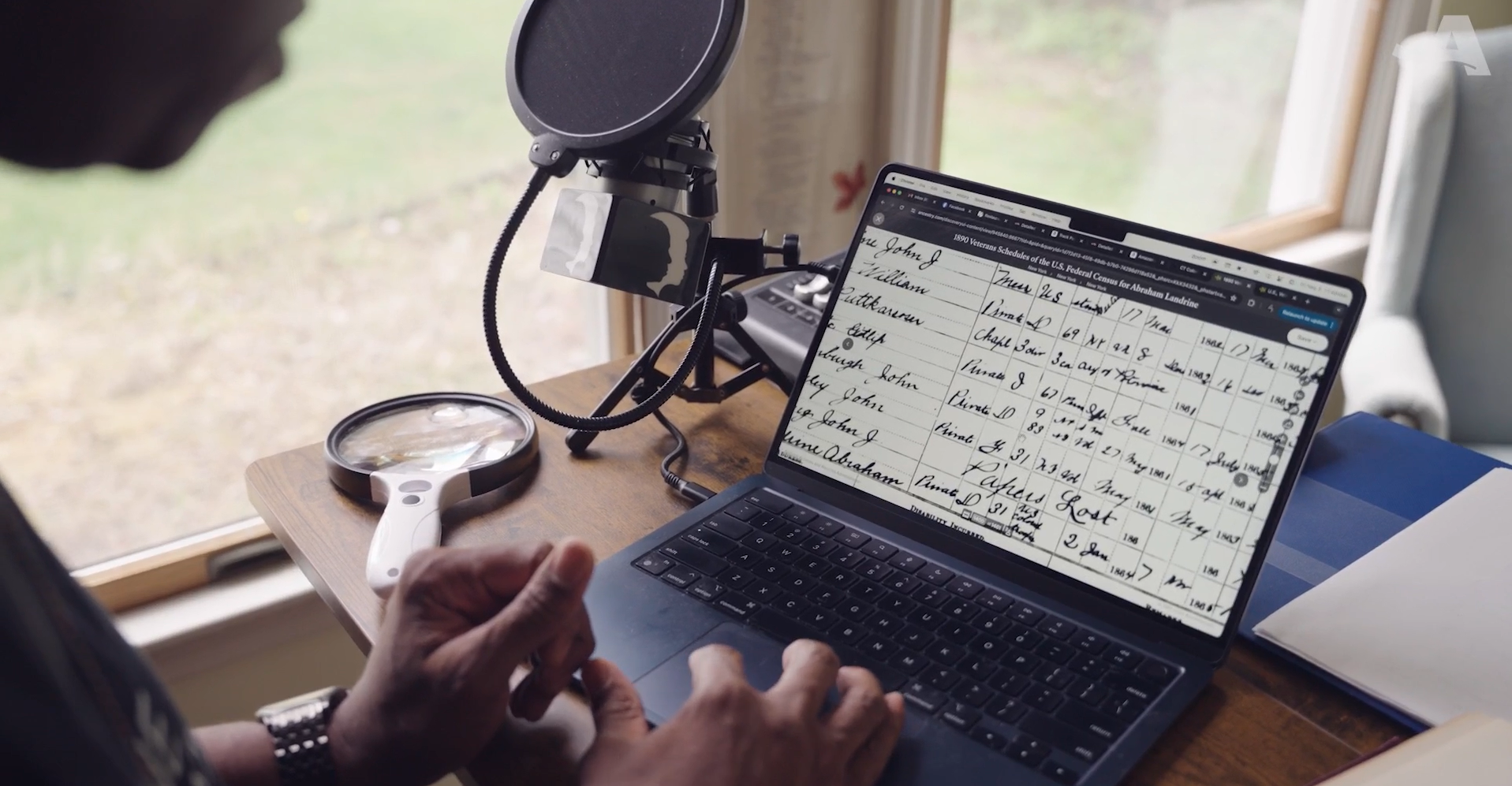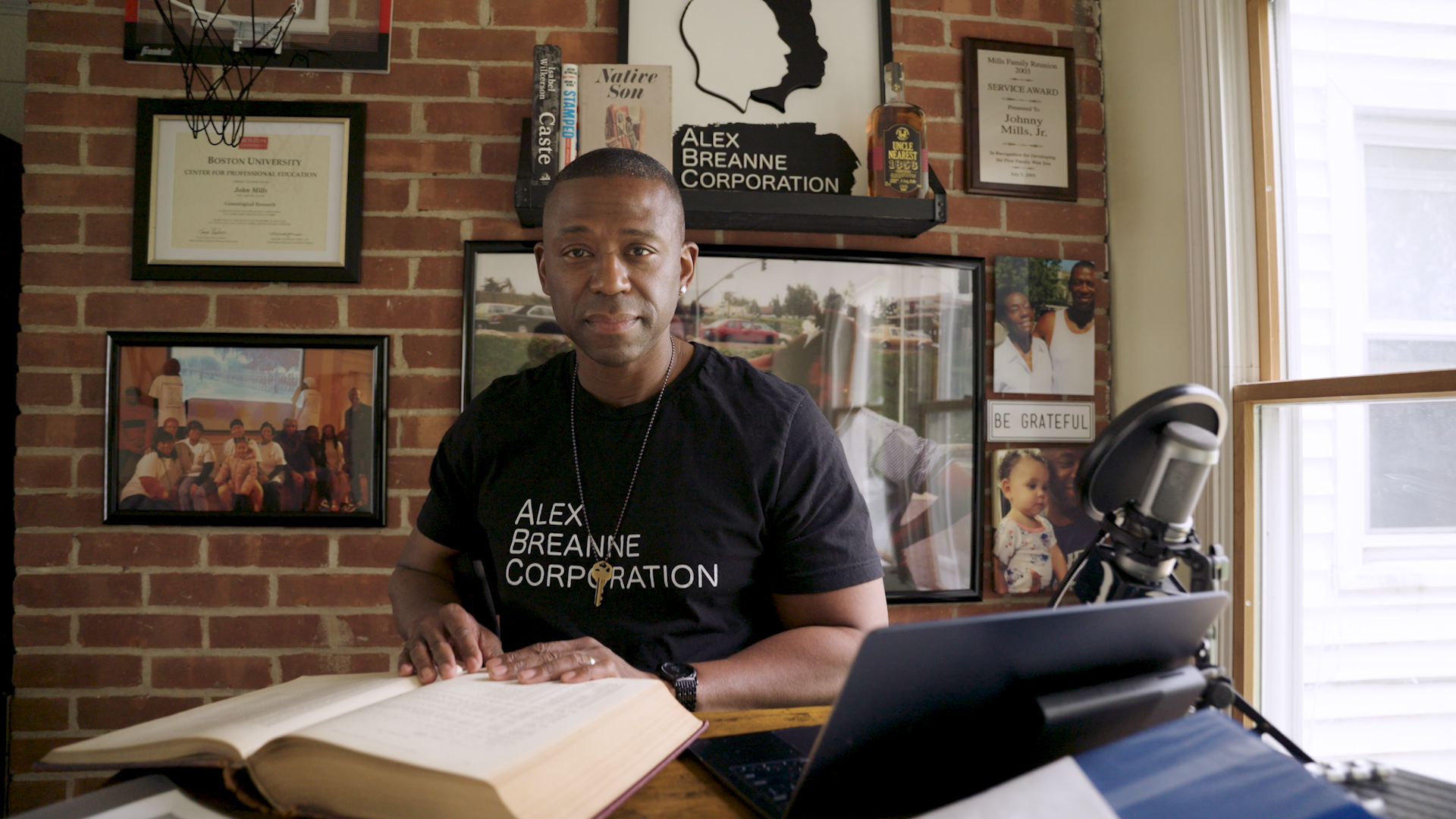
This video is an episode from AARP’s Real People, Real Stories, a series that celebrates individuals making an extraordinary impact. This piece highlights John Mills, a software engineer by day and amateur genealogist by night. This video specifically covers his efforts to uncover the lost history of enslaved African Americans in Connecticut, New Jersey and New York. Mills’s passion for this endeavor started when his sister uncovered the history of their own enslaved ancestors, and Mills expanded that effort to help other individuals learn about their own history.
The goal of this video was to highlight Mills’s critical work and inspire our audience to explore their lost histories within their family stories. This can be especially meaningful and important for people who may not have access to or be represented in historical documents, such as descendants of enslaved Americans. However, Mills aims to go beyond education to create a lasting impact by creating monuments to these previously forgotten individuals.
We used a sit-down interview, b-roll of Mills in his home office and visiting historic locations, and archival photographs of enslaved ancestors to create an authentic portrait of Mills’s relentless drive to bring light to hidden histories. By framing this story through our award-winning series Real People, Real Stories, we sought to inspire others to explore their connections to history.
This video aligns with AARP’s focus on telling underrepresented historical stories through the 50-plus lens. Mills was 53 when this video was created and has continued cultivating a passion that is creating a lasting historical impact as he ages. Through our proven and award-winning series, Real People, Real Stories, we made a multi-platform story that could resonate with audiences regardless of where they access AARP.
We shot this video on location in Connecticut. Filming in Mills’s home gave us exclusive access to his research and collected historical documents. We also filmed Mills’s touring through the Old New-Gate Prison and Copper Mine in Granby, Connecticut, a location that once held imprisoned African Americans. One of these incarcerated individuals was Prince Mortimer, whom Mills researched. Showing Mills in this setting allowed audiences to have a visceral connection to the history that Mills is highlighting, thus allowing audiences of all backgrounds to connect to the story and understand the vital importance of uncovering these lost histories.
This video was published to align with the federal holiday Juneteenth. We chose the publishing date not only because of the historical significance in relation to Mills’s work but also because Mills’s ancestors were freed in Galveston on June 19, 1865. We published the video across AARP’s social channels and website, including the AARP Black Community Facebook page. Additionally, a writer from aarp.org created a corresponding article from the interview transcript. This strategy allowed us to elevate and amplify Mills’s vital work.
Over one year, the video received just over 12,000 total views and reached over 13,000 people on AARP’s Facebook platform. Viewers were intrigued and inspired by John Mills’s genealogy work and expressed gratitude for what he is achieving through his research. His nonprofit, Alex Breanne Corporation, continues to gain traction and interest following our video profile coverage.
Additionally, our moderators at AARP connected curious audience members within the comment sections to further educational research so that they could explore their genealogy. This allowed audience members to channel their inspiration from the video to investigate and take ownership of their histories.
Here are more Facebook comments about the impact of the video:
“There is so much history in our roots yet to be discovered, shared and appreciated. We can go to the local historical society, library, college library, local courthouse and beyond to seek information. The spark is there, IGNITE IT! Thank you for all that you do and share.”
“Highly interesting because we don’t know and we need to be able to have that information 💙💙 Thank you”
“You are truly a GoD send 🙏🏽 Thank you for doing this most important work! You have inspired me to continue my journey!”
